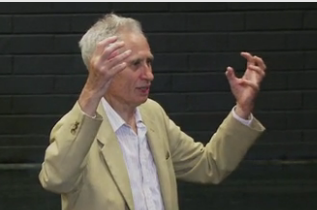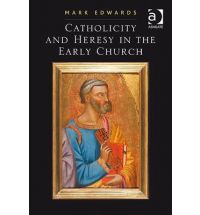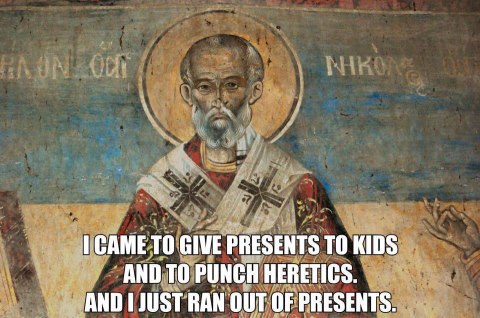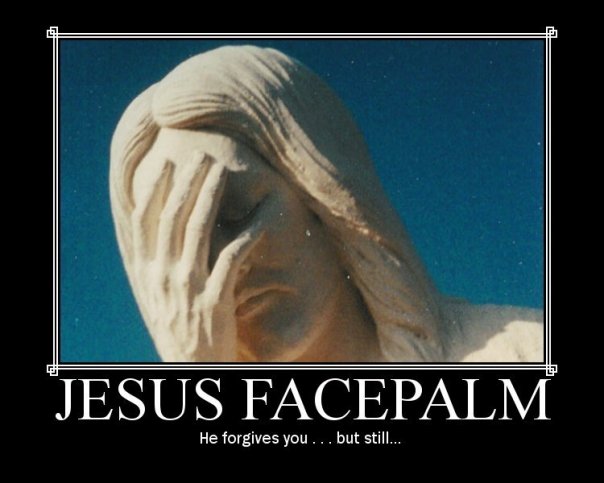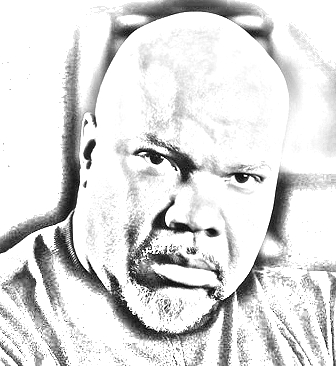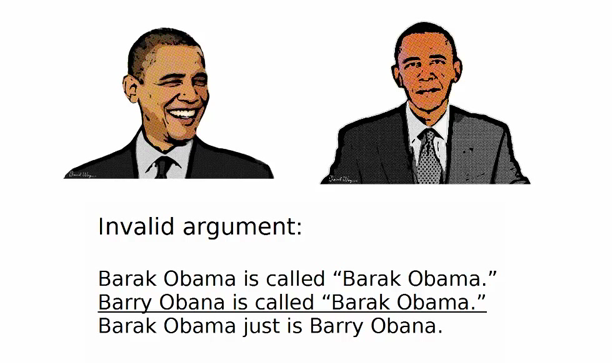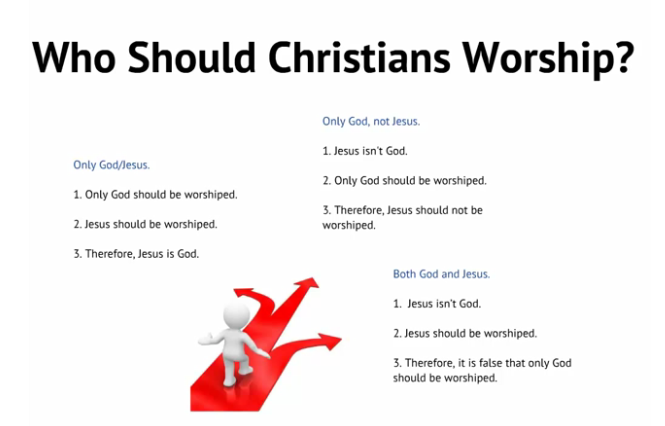trinitarian or unitarian? 5 – Origen’s Against Celsus – Part 1
 Celsus was a pagan philosopher, essentially a cultural and religious conservative, who wrote a book attacking Christianity, perhaps around 177-80 (though some have argued that it must be no later than 161).
Celsus was a pagan philosopher, essentially a cultural and religious conservative, who wrote a book attacking Christianity, perhaps around 177-80 (though some have argued that it must be no later than 161).
Decades later, it is not clear exactly why, the great Christian scholar Origen (182-254) wrote a massive refutation of this book, quoting substantial portions of it. This is the eight-book Against Celsus, which was probably written aronud 246-8.
There are many, many interesting things in the book. Here’s a quotation relevant to our present series:
[Celsus writes:] If these men [Christians] worshiped no other God but one, perhaps they would have a valid argument against the others. But in fact they worship to an extravagant degree this man who appeared recently [Jesus], and yet think it is not inconsistent with monotheism if they worship His [God’s] servant [Jesus]. [Origen responds:] Read More »trinitarian or unitarian? 5 – Origen’s Against Celsus – Part 1





